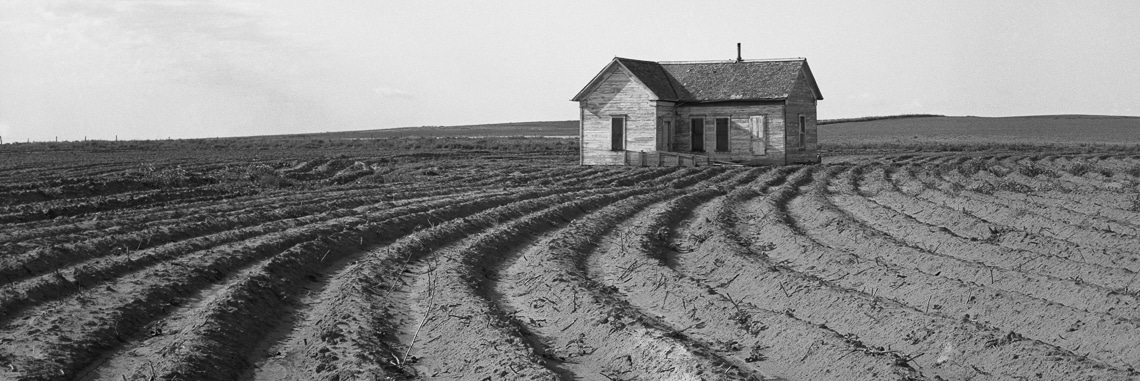
Prophetic Imagination
On the Edge of the Inside
Sunday, March 21, 2021
In the fall of 2020, I began sending out occasional letters that I called “Letters from Outside the Camp,” a reference to the many usages of “outside the camp” in the Hebrew Bible. It is a prophetic position “on the edge of the inside,” which is described by the early Israelites as “the tent of meeting outside the camp” (Exodus 33:7). Even though this tent is foldable, moveable, and disposable, it is still a meeting place for “the holy,” which is always on the move and out in front of us. The free and graced position found in the tent of meeting is what allowed Jesus and all prophets in his lineage to speak from the privileged minority position. It is always less desirable, compared to the comfortable and enjoyable places at the center and the top; yet it is the Jesus stance, and the place where all Franciscans follow after him.
The prophet exercises his or her imagination from that place of freedom, as my favorite Scripture scholar Walter Brueggemann describes so well: “Because the totalism [that is, the system] wants to silence, banish, or eliminate every such unwelcome [prophetic] intrusion, the tricky work is to find standing ground outside the totalism from which to think the unthinkable, to imagine the unimaginable, and to utter the unutterable.” [1]
The “tent of meeting” is the initial image and metaphor that eventually became our much later notion of “church.” The greatest prophet of the Jewish tradition, Moses, had the prescience and courage to move the place of hearing God outside and at a distance from the court of common religious and civic opinion—this was the original genius that inspired the entire Jewish prophetic tradition. It is quite different than mere liberal and conservative positions, and often even at odds with them. Prophecy and Gospel are rooted in a contemplative and non-dual way of knowing—a way of being in the world that is utterly free and grounded in the compassion of God.
It inspires me to wonder how we might maintain that same sense of prophetic freedom outside the contemporary political and religious “encampments” of our day. For those of us who are sincerely and devotedly trying to camp elsewhere than in any political party or religious denomination, we know full well that we must now avoid the temptation to become our own defended camp.
Somehow our occupation and vocation as believers in this time must be to first restore the Divine Center by holding it and fully occupying it ourselves. If contemplation means anything, it means that we can “safeguard that little piece of You, God, in ourselves” as Etty Hillesum describes it. [2] What other power do we have now?
References:
[1] Walter Brueggemann, Tenacious Solidarity: Biblical Provocations on Race, Religion, Climate, and the Economy (Fortress Press: 2018), 384.
[2] Etty Hillesum, An Interrupted Life: The Diaries, 1941–1943; and, Letters from Westerbork, trans. Arnold J. Pomerans (Henry Holt and Company: 1996), 178.
Adapted from Richard Rohr, “Some Simple but Urgent Guidance,” September 21, 2020; “Letters from Outside the Camp 3,” November 2, 2020; “Letters from Outside the Camp 4,” January 19, 2021.
Story from Our Community:
When I heard Richard Rohr interviewed by Krista Tippett, my whole being sang. He gave words to what I have always intuitively felt but couldn’t explain. Reading Richard Rohr has led me to others who have also helped me realize that religion is merely a finger pointing to the moon. I would now say that I am an inter-spiritual person who is aware that I must go down in order to go up. This is both frightening and exhilarating. And I am so grateful. —Kael S.

